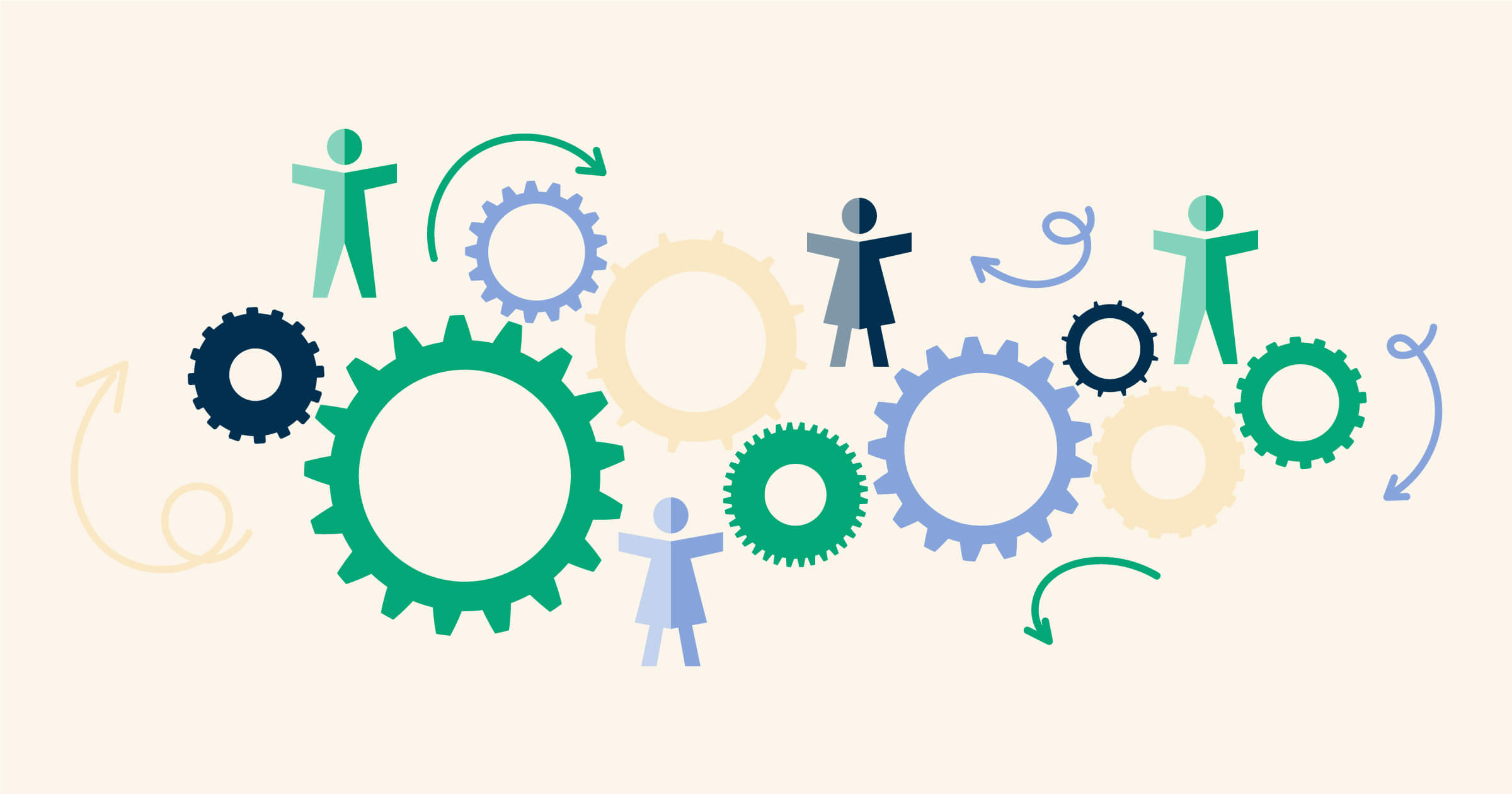
Allies Aotearoa Periodical | Issue #2 Autumn 2024
What has not changed since 18 March 2024?
On 18 March 2024, Whaikaha – the Ministry of Disabled People announced changes to their purchasing guidelines which are articulated in a document entitled ‘what people can buy with disability Funding: Purchasing rules’.
In the days following the significant public backlash and media coverage of the changes, Whaikaha and the Hon Penny Simmonds acknowledged, with hindsight, that the process could have been managed more carefully and apologised for the distress caused. While the apology was nice to receive, it didn’t do a great deal to clarify what the new rules mean in practice. We remain hopeful that over the coming weeks and months we will receive increased certainty about what is ‘in’ and what is ‘out’ and how this enables a coherent approach to choice and control.
Listening to the media interviews, speaking with individuals, family/whanau members, colleagues and pondering all of this in the light of what it means for our family, I found myself reflecting on some of the things that the announcement has not changed. Going deeper down this line of thought I felt an increased sense of personal strength return as I (re)remembered that our life as a family, and the life of our daughter, cannot be dependent on the current policy settings of the government of the day.
What follows are a few of my reflections on ‘what has not changed since 18 March 2024’.
We need to be clear on the future we want to create.
Creating, and agreeing as a family on the future we are seeking to build is perhaps the number one issue that remains unchanged. Investing in our vision for the future remains as important today as it ever has. No government department can do this for us – it remains family business!
Investing into our natural supports/networks.
We do not define natural supports as just direct family, but much wider to include neighbours (ones we know and ones we are yet to connect with), our friends, families we meet through our other children, school connections, our faith communities, other groups and associations we are involved in etc. Relying solely or most heavily on paid formal support will mean we remain vulnerable to the decisions of others – we don’t much like that idea.
Focusing our energy on where we get the best outcomes.
We certainly need people who will actively and strenuously push back against the system, force the different decision makers to clarify the current round of changes and push for real social justice outcomes. The question is – is that me? And the question for you is – is that you? Some people are wired as activists and seem to be built with what they need to sustain themselves over long drawn-out battles, but not everyone is so we need to decide for ourselves.
Recruiting the right direct supporters.
Flexible/personalised budgets, in whichever form you have them, require us to find our own direct support teams. Making sure our recruitment processes can deliver and that we are able to keep ‘the good ones’ is another area that has not changed since 18 March 2024. This is not always easy but know there is help available if you want it.
Accepting change is a constant.
The announcements and the disruptions they have caused show once again that we live and operate with a system that is fluid and constantly changing. Yes, this has been a big and sudden change but if we look back across disability services in Aotearoa NZ over a 50 year timeframe, there have been many other big changes. Being able to accept that change is a constant helps us deal with the ebbs and flows.
The buck stops with us.
No changes there!! Regardless of what the system does or does not do, we remain the most powerful safeguards for our sons and daughters. It is often in spite of what the system does, not because of it, that we find ways forward that make a good life possible.
Of course, there are many other aspects that could be expanded, but I guess my realisation was that the real stuff/the most fundamental elements of what we need to do as a family have not changed much at all, and we need to avoid being distracted from the most important issue – that our daughter (and the rest of the family) get to live a good life.
Tony McLean is a parent of three children, one of whom lives with significant health and disability needs. He has worked for over three decades in the ‘disability system’ in a wide variety of roles.
He is now in private practice under Allies Aotearoa | https://alliesaotearoa.co.nz/
We’d Love To Hear Your Strategies
How do you make your way? What have you found to be of benefit? If you are willing to share your suggestions so we can share even further, email us on tony@alliesaotearoa.co.nz
Share this article and spread the word
About the Author
Tony McLean lives with his wife Ange and three children in the beautiful Bay of Plenty of Aotearoa NZ. Their eldest experiences life with chronic and debilitating health impairments. Tony has worked in both paid and voluntary roles within the disability sectors of Australia and New Zealand since 1993 and is the founder of Allies Aotearoa. He is also involved with cbm NZ – an international NGO that serves disabled people in some of the world’s poorest communities.
